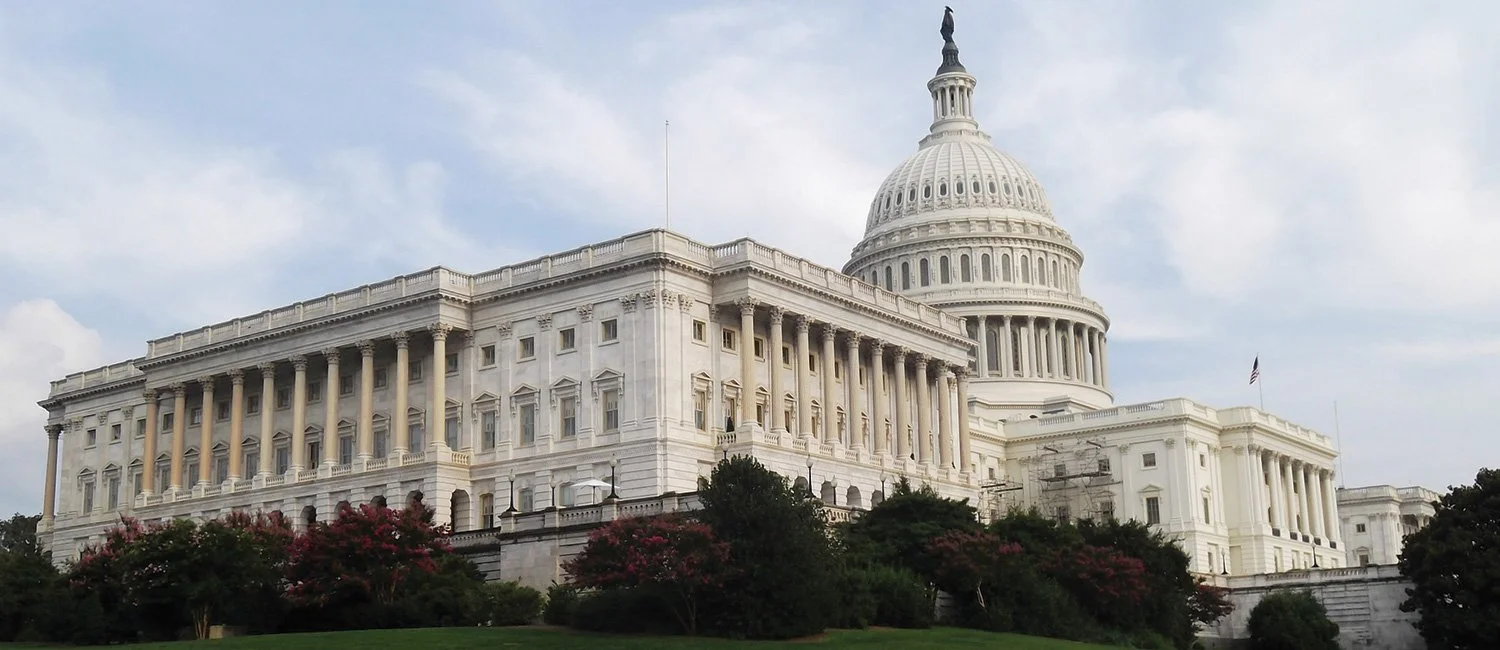As technologists, we tend to build something for the uses we envision and hope that others can figure out innovative ways to deal with the fallout – for instance, developing a tool that engages in algorithmic bias and denies people opportunities because of their race or zip code.
Policy is exclusively focused on use. It focuses on people and what they do. Oftentimes, policy is created and enacted because of events like SolarWinds and Colonial Pipeline, attacks that prompt policymakers to act on a problem and create meaningful, common sense solutions. On the other hand, policymakers can’t create policy around a piece of technology without understanding how it is used—how all of it is used.
As someone who has a background in both policy and tech, I am strategically placing myself in situations to be a better problem solver, to be a strategic thinker, and to deepen my understanding of policy, process, and practice. The TechCongress fellowship is a perfect example of an opportunity that allows me to deepen my understanding of policy implications of technology and vise-versa. As a cybersecurity professional, I aim to help translate our technological solutions into viable policy outcomes. TechCongress provides me the chance to bridge this gap between the technology sector and Congress.
Victoria is serving with Sen. Bob Menendez (D-NJ) and working on a multitude of issues covering defense, national security, disinformation, election security, and technology.
